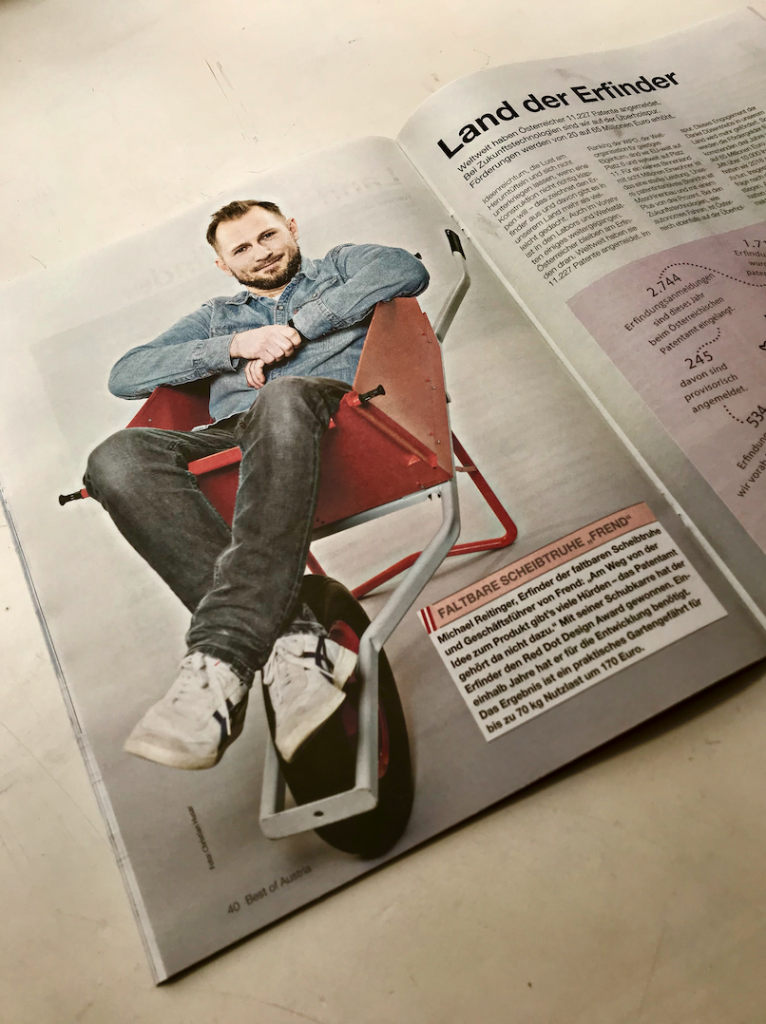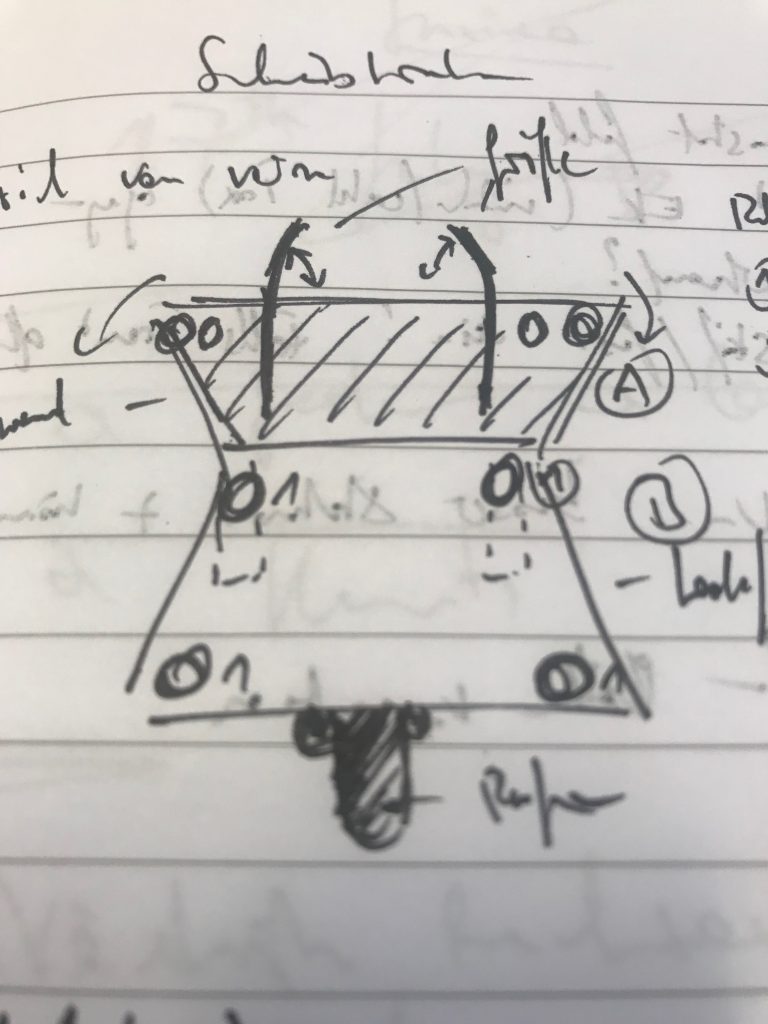

Close

Abstract: Innovation is the consequence of inspiration, turned into action. All innovators get out into the world and observe. They watch how people live, work and talk. They listen to wishes and desires and identify needs which could be addressed. The only thing they then need to do, is to find a solution. It is not magic, but a way of thinking. Everyone can learn this.
I, once again, sat in front of my computer, exhausted from a hard day of work already behind me, with a report to prepare for my client to be delivered until next morning still to be done. The next morning shall start with one of those “really important” meetings which happen pretty much on a daily base, leaving me wondering if suddenly, there are no routine tasks of low or medium importance anymore.
I am pretty sure this report won’t be used. Nevertheless I am dutiful as hell and of course do my best to deliver as usual. Time flies and my mind wanders, how I ended up in a job, where my work is neither fun nor really relevant, assuming the report won’t cover the life saving argument during the upcoming meeting.
How have others been creating so many amazing things, like the masterpieces of music from Mozart or Nirvana, the books by Victor Hugo or Richard Russo? Or the inspiring combinations of design and functionality by Apple’s Steve Jobs or Ikea. How is it that very few create something new, while the vast majority finds itself in jobs with tasks and duties being given from top to bottom?
There must be something those innovators can see, which is unknown, unseen and consequently not done by most of the others. So what is it? Is it given? A gift from some higher force or the result of some beneficial genes? Or is it a way of thinking? A tool, a method everyone can learn and use?
You might think the answer to this might be rather philosophical. Not at all. My answer is a very simple and straight forward, a black-and-white answer, saying: Everyone can do it. This is the truth and it goes back to the very simple thought after reading plenty of biographies and talking to plenty of innovators and entrepreneurs. No one of those innovators ever came up with a great result after spending years on their own in a dark and quiet room insulated from other people, nature, sound and color.
Inspiration is what painters call their muse. A muse is not necessarily only a beautiful lady, covered in satin sheets resting on a picturesque bed, caressed by the sun shimmering through a semi-opened window reaching to the floor, lost in thoughts. A muse can be pretty much anything. An apple falling from a tree in 17th century Great Britain observed by Mr. Newton. Tom Hanks wiping off mud from his face as Forrest Gump. A muse can be birds welcoming the sun in the morning inspiring a sound artist to a new arrangement of tones, a start-up to a new solution, a philosopher to an article about the beauty of walking alone in the woods, and so many more. Innovation is what you make out of inspiration.
We only have to open our eyes and ears. This is what innovators do. Innovation is what we do with the impression a muse left on us. Althoug – I admit – this might sound abstract. I can tell you, it is not.
If this sounds still detached from your reality, think about last time you almost missed your plane because of lengthy security checks. Or when you wait at the line in the supermarket and the guy just in front of you suddenly starts looking for his membership card somewhere in his pockets to get the 10% membership discount, but he can’t find it. Or as in my case, the moment when I watched my brother trying to fit his old wheelbarrow into his garden shed, which was already filled up to the top with other stuff, so that his wheelbarrow ended up leaning against the garden shed from the outside.
An innovator forms a more efficient solution to checking passengers at the airport. This can be plentiful, structuring a new process, finding ways to make other kinds of transportation more attractive, or developing a better way to check people and luggage for threats and forbidden items.
An innovator can think about developing a new app to store all membership cards, when waiting at the line in the shop until the guy eventually accepts, that the membership card is nowhere to be found.
An innovator can in my case see the need for a space saving solution for wheelbarrows. This could address the needs which became so obvious when observing this drama of my brother trying to close the door of his garden shed. When at the same time all possible tools and garden items bravely leaned against the door, fighting for their freedom from the inside.
Innovation follows inspiration and leads to solutions and ways of using it in a new way. Innovators usually understood and applied this. They are not magicians, although some create something truly extraordinary like Vivaldi when he so beautifully turned his muse of the world surrounding him into his masterpiece Four Seasons.
Dare to try and see what causes struggles and ask yourself why this is. There might be solutions out there for some of it already. But very often you will find that there is not. This is the room for improvement, room for innovation. This does not make you a successful startup yet, but it is the first step.


